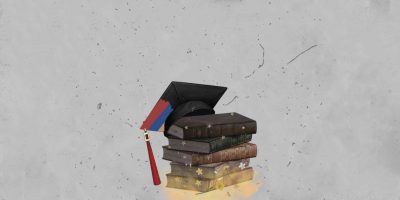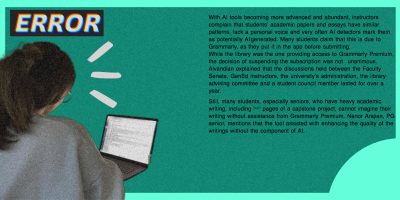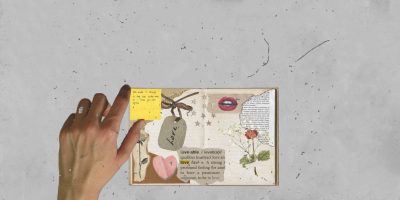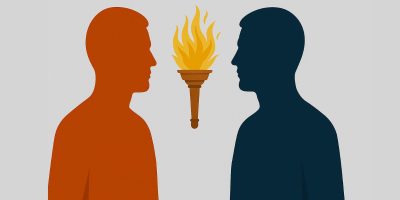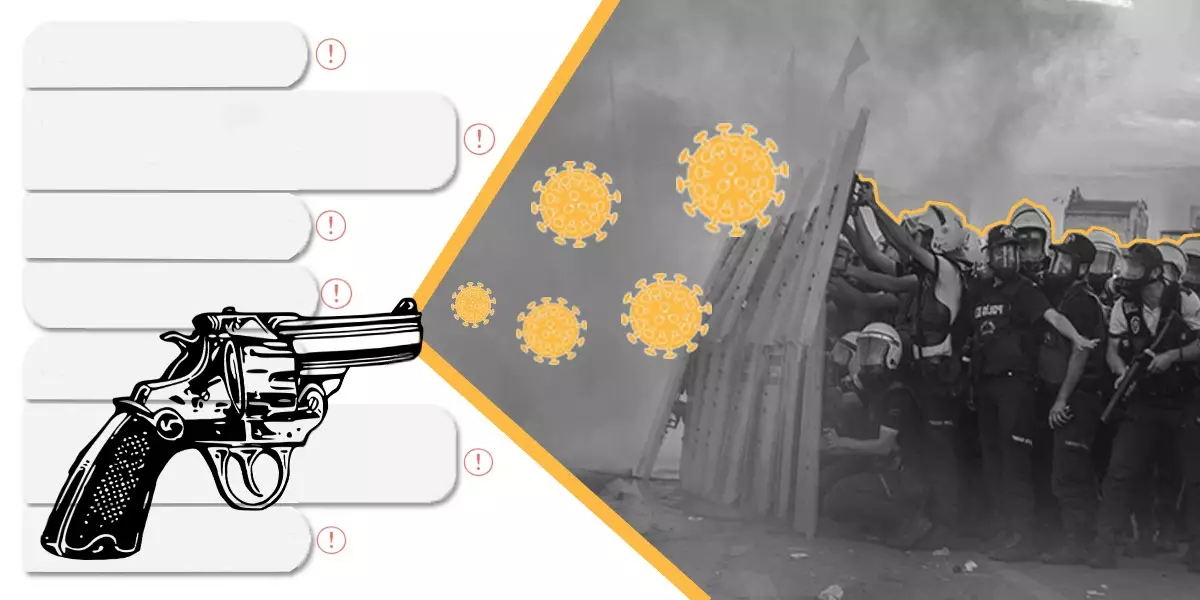
It’s the beginning of the Spring 2022 semester, the second offline semester since the day AUA’s administration decided to switch to online education. Two years of living side by side with COVID-19 were accompanied by numerous “disagreements” among students – those who demanded a return to face-to-face education and those who felt safer staying online.
Fall 2021, the first offline semester, was supported by periodic vaccination drives organized by AUA’s Health Clinic. Soon after, as number of COVID-19 cases began to rise again in the country, the administration had to make some tough choices.
In October 2021, the Armenian government recommended all universities go online for two weeks. AUA went beyond these recommendations and announced a one-week-long break and then implemented the green pass system. Starting from November 8, to enter AUA buildings, all students, faculty and staff should provide either a vaccination certificate of at least the first dose of a vaccine received or a valid negative PCR test.
Even though the AUA regulations are noticeably stricter than those being recommended by the government, the administration believes it is the only effective method of creating a safe environment for the AUA community. “AUA is the one institution in this country that follows the law,” says Dr. Brian Ellison, the AUA Provost. This means wearing masks indoors and outside, maintaining social distance and placing temperature assessment devices at every building entrance.
However, precautionary measures are not the primary strategy to resist the pandemic. AUA heavily relied on the vaccination drives held on campus several times during last summer and during the fall semester. Currently, at AUA 1400 students, that is about 70%, “say that they are vaccinated,” says Dr. Ellison. More than 90% of faculty and staff are fully vaccinated, Hence, if the AUA community follows regulations diligently, AUA will continue to be a completely safe environment.
Preventive actions are the only way to maintain good numbers and keep the classes offline. “We have damaged entire generations of students,” says Dr. Ellison, referring to the freshmen, sophomore, junior and graduate students whose university experience was affected by the pandemic. The AUA administration is concerned that the vast majority of students lost the opportunity to experience university life, and it is damaging both to the sociology of the institution and the psychology of the students.
Even though the administration was quite determined on implementing the restrictions, students were not completely isolated from the decision-making process. The Student Council representatives “have a seat in our strategic dialogue process and in the internal governing body,” says Dr. Ellison. However, after the restrictions were implemented, the administration is concerned that a significant number of students are still not vaccinated.
Nevertheless, the AUA administration is not stepping back even though the students complain about the additional fees for PCR tests that those who are not vaccinated have to pay. Even though the vaccinations are free, the testing costs money. However, due to the current state of the pandemic, various other activities require PCR testing as well. “We have all kinds of rules about getting into AUA,” says Dr. Ellison. “For example, you have to have a high school diploma, you have to take the SAT test, you have to take the TOEFL test, you have to provide a whole variety of different records to get into our buildings, why is this a different kind of record?” he wonders.
“We know what we are doing,” states Dr. Ellison. “It’s just we have to do it together.”



